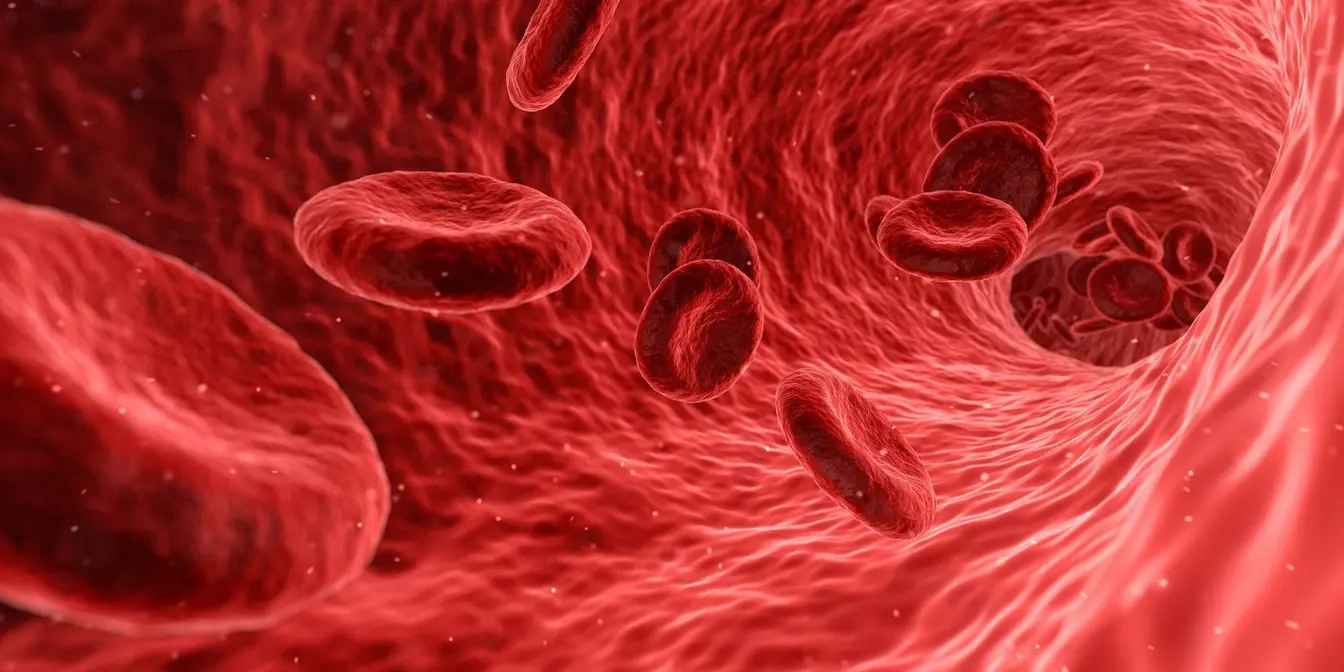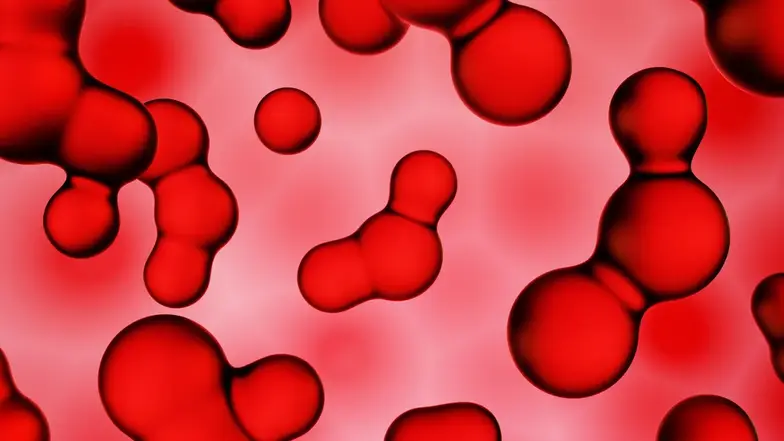T4K3.news
Ischemia speeds tumor growth via immune aging
A study from NYU Langone Health links restricted leg blood flow to bone marrow aging, weaker immunity, and faster breast tumor growth in mice.

A study from NYU Langone Health finds that restricted blood flow ages the bone marrow, weakening immune defense and accelerating breast tumor growth in mice.
Ischemia speeds tumor growth via immune aging
Researchers from NYU Langone Health published in JACC CardioOncology that reduced blood flow in the leg arteries caused breast tumors in mice to grow about twice as fast as those in normal blood flow. The team showed that ischemia triggers aging-like changes in bone marrow and shifts the immune system toward cells that dampen anti-tumor responses. The tumor microenvironment also accumulates immune-suppressive cells and undergoes chromatin changes that make it harder for immune cells to activate cancer-fighting genes.
The researchers argue that managing vascular and metabolic risk factors could become part of a comprehensive cancer strategy and see potential in inflammation-targeted therapies to counter these effects. They hope to design clinical studies to test whether these findings translate to humans and whether existing anti-inflammatory approaches can blunt post-ischemic changes that promote tumor growth.
Key Takeaways
"Our study shows that impaired blood flow drives cancer growth regardless of where it happens in the body."
Moore explains the core finding of the study.
"ischemia drives cancer growth"
Newman highlights the mechanism in a concise way.
"reprogramming stem cells in ways that resemble aging and promote immune tolerance."
Newman describes how ischemia changes the immune system.
"These findings open the door to new strategies in cancer prevention and treatment."
Newman on implications for practice and research.
The study reframes cancer growth as a byproduct of aging-like shifts in the immune system caused by poor blood flow. It suggests a more integrated view of care, where cardiovascular health and cancer prevention are connected. Yet the work is in mice, not people, so caution is needed before changing clinical practice. If confirmed in humans, the finding could push for broader cardiovascular screening in cancer patients and justification for inflammation-focused therapies as part of standard oncology care.
In a broader sense, the research underscores how aging processes and vascular disease can intersect with cancer, potentially altering how doctors weigh risk factors and cost in treatment plans. It also raises questions about screening, preventive care, and how to balance targeted cancer therapies with strategies that keep the body's immune system robust.
Highlights
- Our study shows that impaired blood flow drives cancer growth regardless of where it happens in the body.
- ischemia drives cancer growth.
- reprogramming stem cells in ways that resemble aging and promote immune tolerance.
- These findings open the door to new strategies in cancer prevention and treatment.
A reminder that patient care should consider heart health as part of cancer prevention and treatment.
Enjoyed this? Let your friends know!
Related News

Cancer and Infection Link Repurposed

Covid linked vascular aging raises risk for women

Frankenstein growths spark outbreak fears in Colorado rabbits

Benjamin Sesko to decide between Manchester United and Newcastle United

Michelle Xia becomes a billionaire after beating Merck

Private healthcare gains traction among British millennials

Gen Z Men's Unemployment Rates Climb

Weill Family Foundation launches cancer research hub
